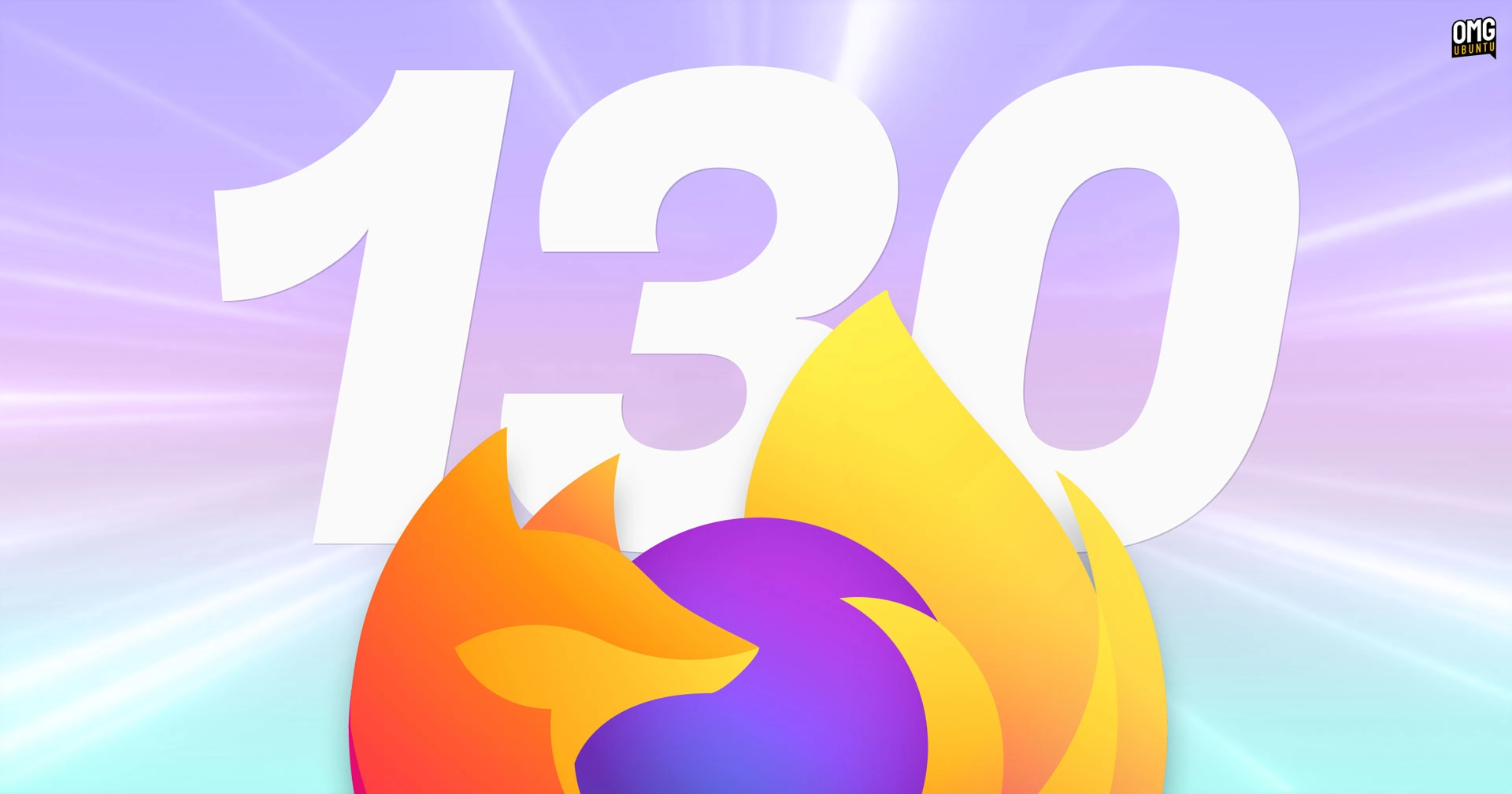Mozilla Firefox 130 is out with a variety of changes that make this phenomenally popular open-source web browser a touch more productive.
On Linux, Firefox 130 enables overscroll animations by default, having added them on other platforms a few years back. This is a familiar visual effect from mobile systems: when you try to scroll beyond the edge content an elastic animation indicates “nu-uh”.
To save anyone being confused, the new (on Linux) Firefox over-scroll animations only play if you’re using a touchpad/trackpad to overscroll. You won’t see the effect if using a mouse. Unfortunately, we can’t show it here but you can easily find examples online.
A small change, won’t revolutionize the world, but does bring feature-parity with other platforms.
Language fan? You may be interested to know that Firefox 130 make it possible to select a portion of text within a full-page translation and translate it to another language.
In the screenshot above I translated an English webpage to Danish using Firefox’s local translation feature. Next, I highlighted a paragraph within the Danish translation and translated that portion to French. This could be useful for, er…
For me, the best change in Firefox 130 is Firefox Labs. This new section in Settings makes it easy to opt-in to try out experimental features in development for future releases. If you’ve used Firefox Nightly builds, you may be familiar with this page.
A handful of ‘experiments’ are offered in this release, including the handy auto-open picture-in-picture option I wrote about recently, and the ability to access an AI chatbot of your choice from a sidebar, or selecting text and clicking the sparkle emoji.
Finally, Firefox 130 introduces Web Codecs API support on desktop.
You might remember discussions around this feature when it initially appeared in Firefox 123 earlier this year. The Web Codecs API provides websites, services, and apps with “low-level access to audio and video encoders and decoders” for enhanced performance.
Of course, there’s much more to this update than just the main features. Bugs have been eliminated, user interface issues resolved, performance enhanced, and web compatibility strengthened. For further information, review the developer change-log.
Update to Mozilla Firefox 130
To take advantage of all the described improvements, you will need to update to Firefox 130. The update process might be automatic or might require a wait for a package manager to make the update available, depending on your operating system or installation method.
On Ubuntu, the Firefox Snap automatically updates itself in the background; the Firefox Linux binary facilitates in-app download of updates, which are then applied upon restart; the Firefox DEB from the Mozilla APT repository is integrated and shown in Ubuntu’s Software Updater tool.
Alternatively, download Mozilla Firefox directly from the official website, where there are downloadable installers for macOS and Windows, binaries for Linux (including ARM), and setup instructions for using the official Mozilla APT repository if you prefer the Firefox DEB version.
